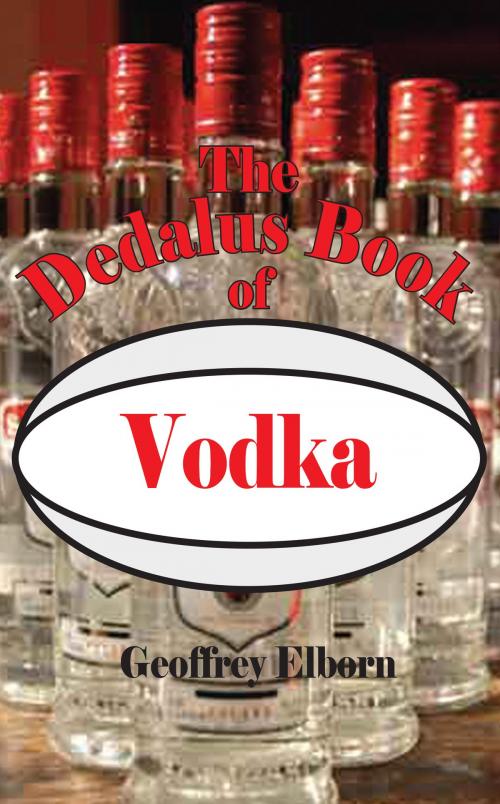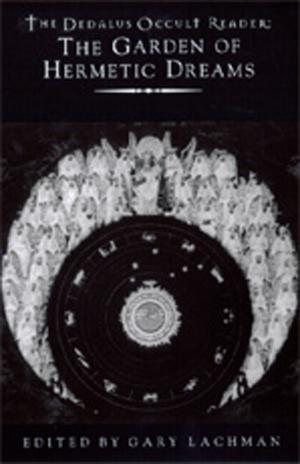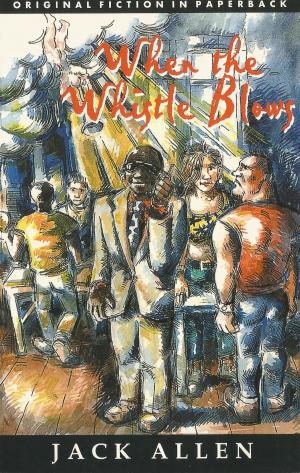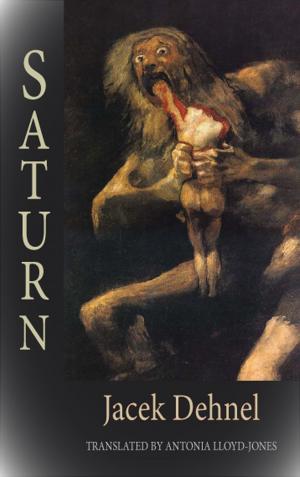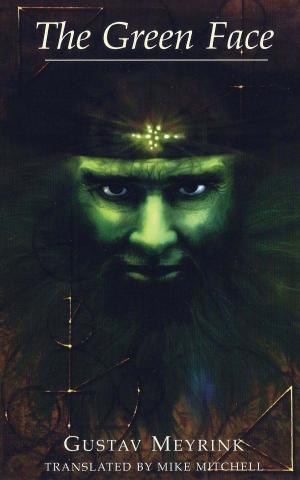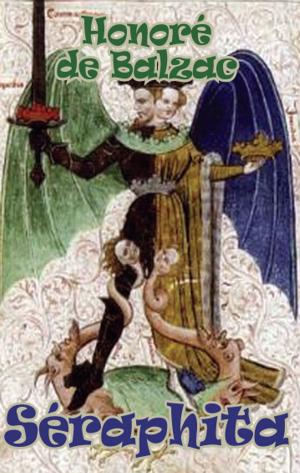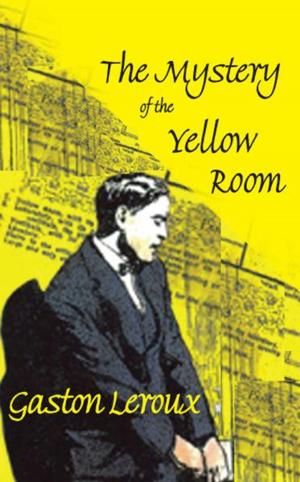| Author: | Geoffrey Elborn | ISBN: | 9781909232624 |
| Publisher: | Dedalus Ebooks | Publication: | January 5, 2010 |
| Imprint: | Dedalus Ebooks | Language: | English |
| Author: | Geoffrey Elborn |
| ISBN: | 9781909232624 |
| Publisher: | Dedalus Ebooks |
| Publication: | January 5, 2010 |
| Imprint: | Dedalus Ebooks |
| Language: | English |
No other drink can claim to have influenced the course of human affairs more than vodka. “The green serpent†transformed the Russian state into a great power but it helped to destroy both tsarism and communism – as well as the lives of millions of Russian peasants. From Boris Yeltsin being dropped in a font and Shostakovich being cured of writer’s block to “the great vodka debauch†of the Russo-Japanese War and the Churchill-Stalin drinking duel at Yalta, the spirit determined the lives of individual Russians and the fate of a nation. Both sophisticated and brutal, vodka is the best-selling spirit in the world. Distilled from rye or the humble potato, it has been known since the fourteenth century, when it was first used as a medicine, but it took James Bond and the Cold War to make it glamorous in the West, particularly with younger drinkers. 'In Russian literature, the drink that steals away men's brains is vodka. Tolstoy, repenting his youthful follies ("lying, thieving, promiscuity of all kinds, drunkenness, violence, murder"), founded a temperance society called the Union Against Drunkenness, and designed a label - a skull and crossbones, accompanied by the word "Poison" - to go on all vodka bottles. In the event, the health warning wasn't adopted but Tolstoy's views on vodka seep into his fiction, as do Dostoevsky's in The Devils ("The Russian God has already given up when it comes to cheap booze. The common people are drunk, the children are drunk, the churches are empty"). Chekhov was more ambivalent. As Geoffrey Elborn shows in his new cultural history, The Dedalus Book of Vodka, he was torn between his knowledge as a doctor and his understanding of human nature. Two of his brothers were alcoholic, and he denounced vodka companies as "Satan's blood peddlers". But he sympathised with the Russian peasantry, for whom vodka was nectar. And in his stories and plays, those who drink excessively – like the army doctor Chebutykin in The Three Sisters – are portrayed with humour and compassion.' Blake Morrison in The Guardian
No other drink can claim to have influenced the course of human affairs more than vodka. “The green serpent†transformed the Russian state into a great power but it helped to destroy both tsarism and communism – as well as the lives of millions of Russian peasants. From Boris Yeltsin being dropped in a font and Shostakovich being cured of writer’s block to “the great vodka debauch†of the Russo-Japanese War and the Churchill-Stalin drinking duel at Yalta, the spirit determined the lives of individual Russians and the fate of a nation. Both sophisticated and brutal, vodka is the best-selling spirit in the world. Distilled from rye or the humble potato, it has been known since the fourteenth century, when it was first used as a medicine, but it took James Bond and the Cold War to make it glamorous in the West, particularly with younger drinkers. 'In Russian literature, the drink that steals away men's brains is vodka. Tolstoy, repenting his youthful follies ("lying, thieving, promiscuity of all kinds, drunkenness, violence, murder"), founded a temperance society called the Union Against Drunkenness, and designed a label - a skull and crossbones, accompanied by the word "Poison" - to go on all vodka bottles. In the event, the health warning wasn't adopted but Tolstoy's views on vodka seep into his fiction, as do Dostoevsky's in The Devils ("The Russian God has already given up when it comes to cheap booze. The common people are drunk, the children are drunk, the churches are empty"). Chekhov was more ambivalent. As Geoffrey Elborn shows in his new cultural history, The Dedalus Book of Vodka, he was torn between his knowledge as a doctor and his understanding of human nature. Two of his brothers were alcoholic, and he denounced vodka companies as "Satan's blood peddlers". But he sympathised with the Russian peasantry, for whom vodka was nectar. And in his stories and plays, those who drink excessively – like the army doctor Chebutykin in The Three Sisters – are portrayed with humour and compassion.' Blake Morrison in The Guardian
